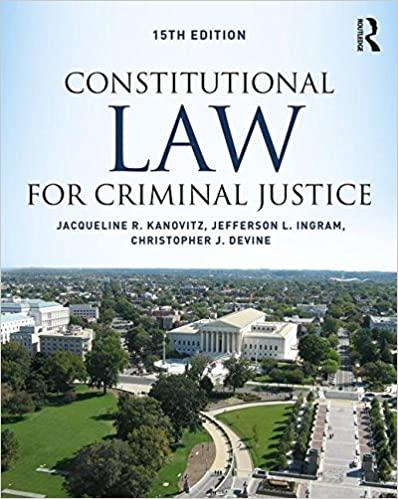What does a court's "jurisdiction" refer to?
HANDOUT 1: The Characteristics of Canada's Courts Why Do We Have Courts? As civilization developed and people began to live together in large communities, conflicts were inevitable. In order to settle disputes, shared values and rules of conduct developed from mere custom into formal laws. In time, courts were established to enforce those laws. The development of laws, with courts to enforce them, meant that similar actions came to be treated in similar ways. Therefore, people could understand, ahead of time, what the consequences of their actions might be. Jurisdiction Jurisdiction is the range of powers and/or territory over which a body may act. In the case of a court, jurisdiction concerns the type of case and the physical area over which the court has legal authority. Each level of court has a specific area of authority, called its jurisdiction. The procedures for deciding which court has jurisdiction in a civil case have been set down by the provincial legislature. The federal Parliament has decided which courts will try the various kinds of criminal cases, and it has established other courts to deal with matters within federal jurisdiction, such as taxation and immigration. Each level of court has its own rules for procedure. These rules specify, for example, the kinds of documents that must be used to start an action, certain time limits that apply, and so on. These rules are set out in legislation. Where Did Our Court System Begin? The model for our court system comes from feudal times in England. Following the Norman Conquest in 1066, the King began to hold court to listen to his subjects' complaints. Gradually, this responsibility was passed to his advisors. They became judges in formal courts: the Court of the King's Bench (for criminal cases); the Court of Common Pleas (for private conflicts); and the Exchequer Court (for monetary disputes). These courts became the basis of the English court system. What Features Distinguish Our Courts? When you enter a courtroom, especially one of the higher courts, one thing that strikes you immediately is the formal, dignified atmosphere. Not so long ago, judges and lawyers wore wigs to court, just as dignified courtiers wore in the 18th century. Today, judges and lawyers can still be found wearing flowing, black robes. These formalities are meant to emphasize the seriousness of court proceedings. Frivolity is not for court. Another main feature is the courts are generally open to the public. You have only to think of the secret courts of military dictatorships to appreciate how an open court system helps to preserve fundamental human rights. Justice that is open to public scrutiny and criticism must be fair and have the support of the public. It is only in exceptional cases that the courts are closed to the public to protect the rights of individuals. The trials of young people are sometimes closed. The court can prohibit







